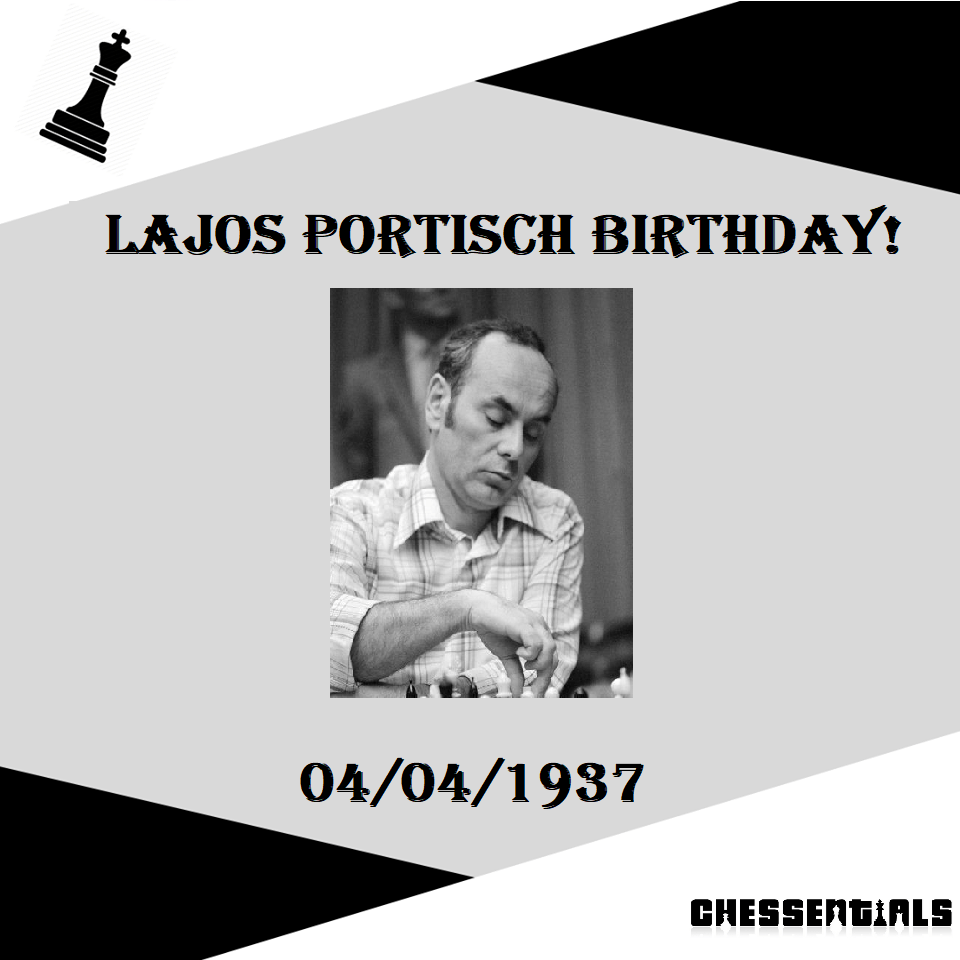There are many areas in which Hungarians have achieved outstanding results:
– Classical music
– Repelling Mongol invasions
– Fence building
However, nowhere have they achieved as outstanding results as in chess.
Hungary is one of the countries that probably has the greatest ratio of world class player/population. From Isidor Gunsberg to Peter Leko, from Gideon Barcza to Judit Polgar, from Andras Adorjan to Benjamin Gledura, Hungary continues to regularly produce strong grandmasters and to remain on the world chess map.
Today, I would like to talk about a player that has probably been somewhat forgotten and underappreciated – Lajos Portisch.
Nine-time Hungarian Champion was the country’s strongest player in the 60s and 70s. Even though his chess career was somewhat overshadowed by the likes of Fischer and Karpov, he was among the best player in the world at a time.
He was not only a World Championship Candidate in several cycles, but he was also a successful tournament competitor. From his vast career, I would like to single out the victory in the Las Palmas tournament 1972 – ahead of Bent Larsen, Vassily Smyslov and David Bronstein – and the gold medal of the Hungarian team at the 1978 Buenos Aires Olympiad, where Portisch played on board 1 and scored 10/14.
The best evidence of his class is the fact that Karpov invited him to be one of his seconds in the 1990 match against Kasparov.
Also, due to his solid positional style, he was often called “Hungarian Botvinnik”. We probably don’t need to emphasize- comparisons with Botvinnik didn’t happen lightly.
In any case, today Lajos Portisch – born in 1937 – celebrates his 82nd birthday.
As Hungarians would say: Boldog Születésnapot
(If you like posts as these, check our complete list of Chess Birthdays )

